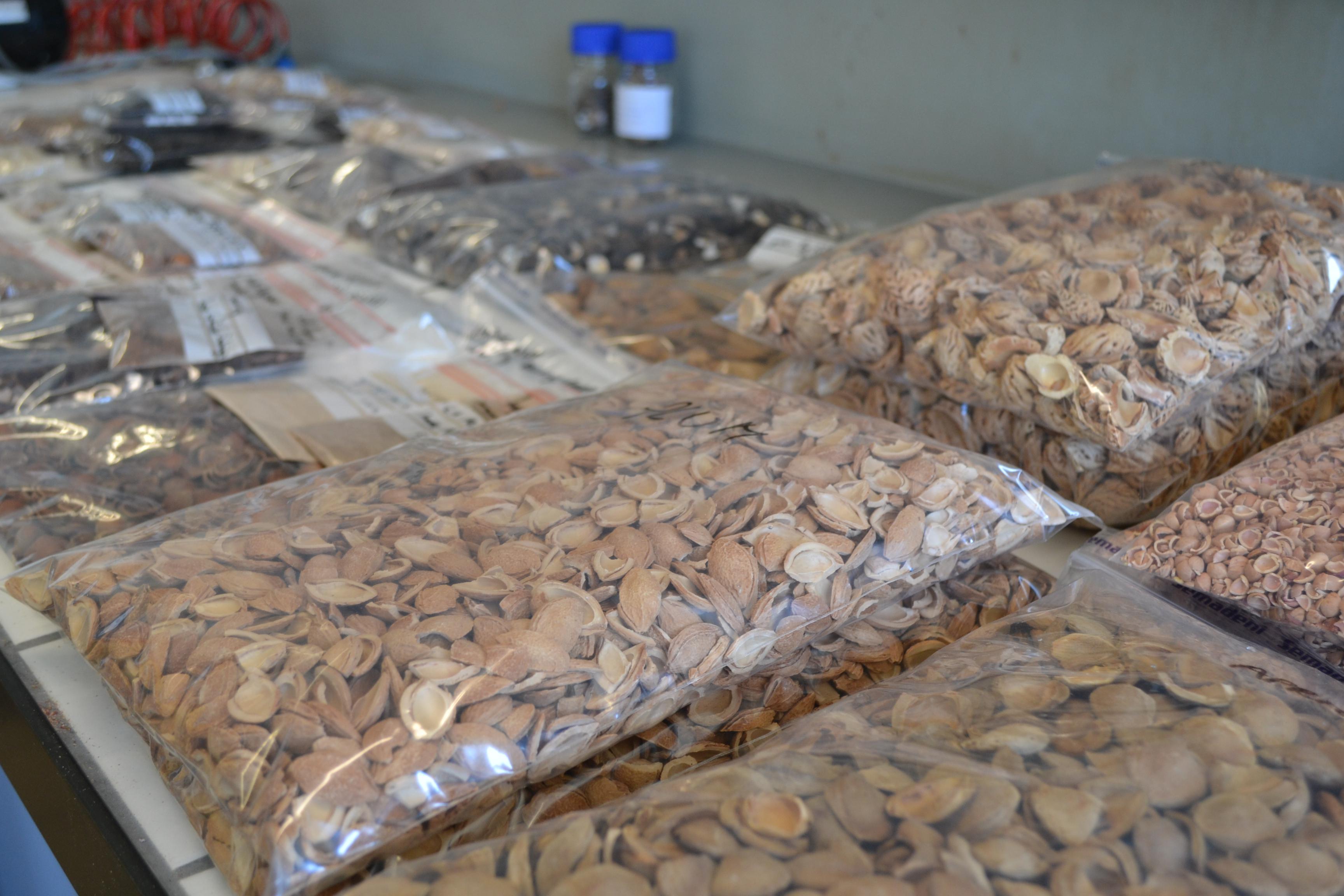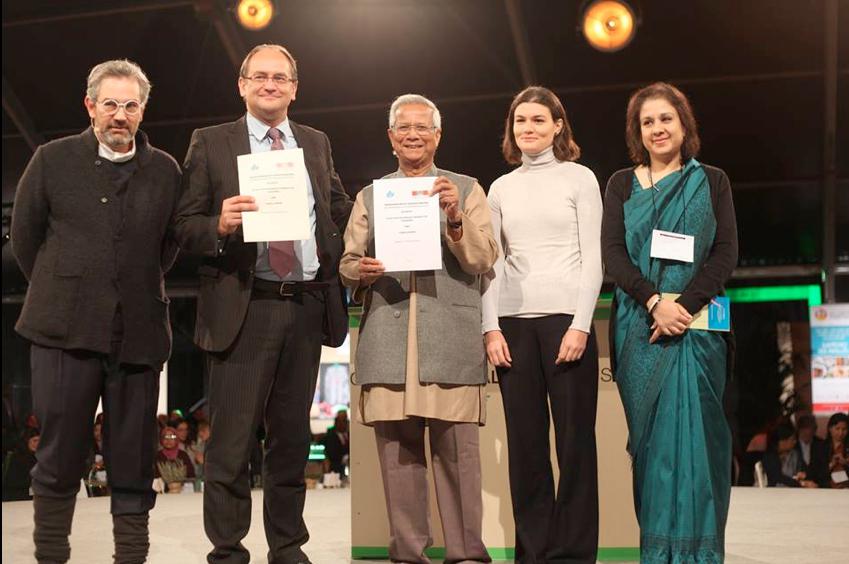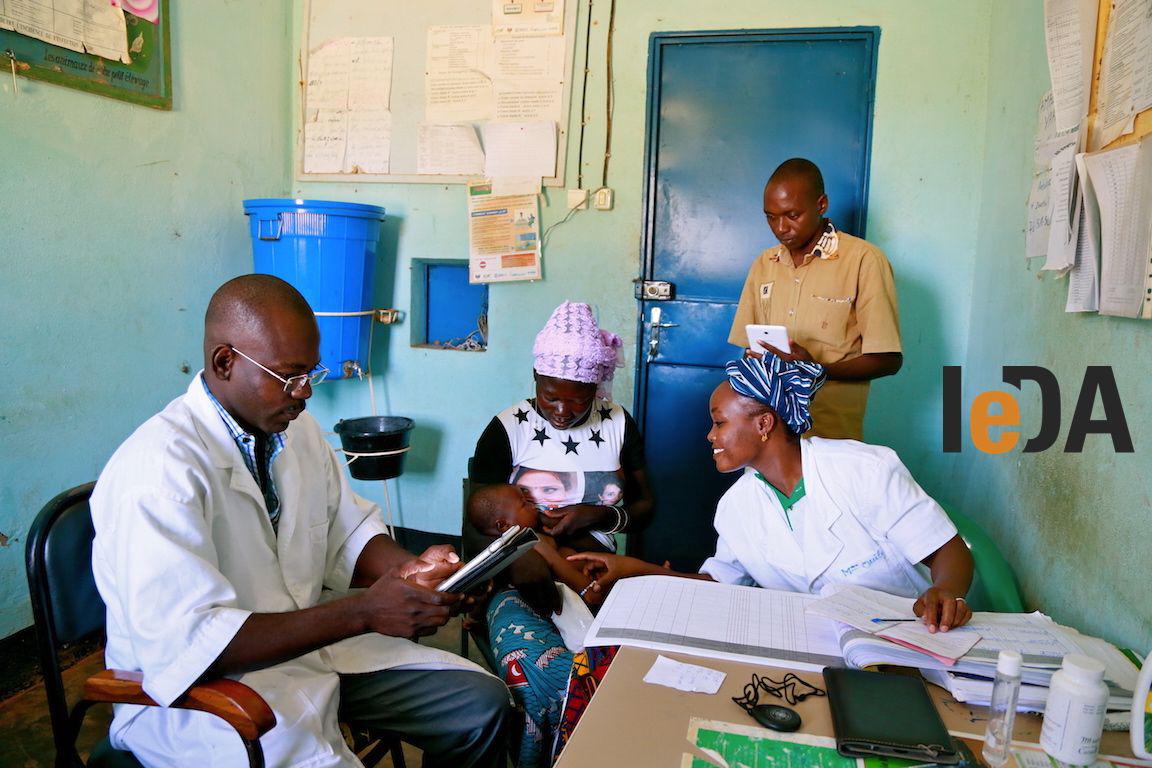Leveraging technologies to address major societal challenges

United Nations' Sustainable Objectives
Tech4Impact, founded in 2017, is EPFL’s pioneering multi-stakeholder platform where students, researchers, large enterprises, NGOs and startups come together to enhance the university’s social and environmental impact in the areas of education, research and innovation.
Two years on from its launch, Tech4Impact is tackling some of the major societal challenges of our time. EPFL’s social impact and sustainability initiative has set up Bachelor’s, Master’s and research grants so that students and researchers can turn today’s groundbreaking ideas into tomorrow’s solutions. The platform is also giving a helping hand to innovative and sustainable startups.
Three researchers from EPFL’s Laboratory of Sustainable and Catalytic Processing (LPDC) have gone into business together with Tech4Impact’s support, leveraging technology they developed at the lab to convert waste plant matter – or biomass – into valuable molecules for the flavor and fragrance industry. The researchers published their findings in the prestigious journal Science and have even filed a patent application. “Our cost-effective technology uses every part of the wood,” explains Florent Héroguel, a scientist at the LPDC. “We can extract lignin, an organic polymer found in wood, and break it down into individual aromatic compounds to make artificial flavorings and fragrances such as vanilla and smoky barbecue sauce.”
The next step was to take the research and turn it into a viable business. “We learned about Tech4Impact when we were looking for support and coaching,” adds Héroguel. The researchers secured 50,000 francs in PlayGrant funding, which they used to found their own spin-off, Bloom Biorenewables, in 2019. “The grant gave us a chance to rub shoulders with the business community at EPFL’s Innovation Park.” Through the Tech4Impact corporate partners program, the team held meetings with potential clients, who told them about some of the problems they face. “Most flavorings are made from petroleum, which consumers are increasingly shunning. That’s good news for our technology.”
Yunus Social Business Center at EPFL
Innovative and sustainable technology can be used as a way to resolve major societal challenges and improve the lives of millions of people around the globe. Recognizing that potential, EPFL signed a partnership agreement in 2017 to host Switzerland’s first Yunus Social Business Center on the School’s campus. The signing took place at the Global Social Business Summit in Paris, in the presence of Dr. Muhammad Yunus – a Bangladeshi economist who has been at the forefront of resolving global problems in healthcare, education, poverty, technology and the environment for 50 years. He invented the concept of “social business” in the 1970s and won the 2006 Nobel Peace Prize for founding Grameen Bank, which provides interest-free microloans. Tech4Impact is aiming to keep that momentum going by addressing the United Nations’ 17 Sustainable Development Goals (SDGs). “With 350 laboratories, 25 established businesses and 120 startups on campus, we have a wealth of creative talent and innovation at our disposal,” says Tech4Impact project leader Julia Binder. The platform is also welcoming NGOs into the fold for the first time, putting them in touch with members of the School’s business and research community and running an inter-NGO program.

Stepping up collaboration
Collaboration is an important part of EPFL’s work. “We’re using new information and communication technologies to help us solve the operational challenges we face,” explains Thierry Agagliate, Head of Disruptive Innovation at children’s rights organization Terre des Hommes. “Our collaborative partnership with EPFL began five years ago when we signed a framework agreement with CODEV and EssentialTech .” The School is also involved in a major child health project run by Terre des Hommes in West Africa, developing a smartphone app that uses a World Health Organization clinical protocol to detect and monitor the malnutrition status of some two million children. “Tech4Impact contacted us in 2018, and we recognized the platform’s potential right away,” adds Agagliate. “Being part of the initiative will give us access to partners from EPFL’s ecosystem who would otherwise be beyond our reach, while the inter-NGO program means we can share technology and step up collaboration with other organizations like ours.” Although the partnership is still in its early stages, EPFL’s Innovation Park will be sending a delegation this fall to Terre des Homme’s Innovation Boot Camp – an annual event that brings together people from within
and outside that organization.

Using science diplomacy to protect coral reefs
UN global goal 14 focuses on protecting the oceans. Some coral reefs in the Gulf of Aqaba can resist rising water temperatures and could one day be used to re-seed parts of the Red Sea where reefs are dying. Anders Meibom, who researched coral reef restoration at the InterUniversity Institute of Marine Sciences in Israel, sees the Tech4Impact platform as a unique opportunity to unite scientists working on environmental conservation issues under one roof. EPFL, with the backing of the Federal Department of Foreign Affairs (FDFA), has founded the Transnational Red Sea Research Center to help address some of the sensitivities around multilateral collaboration in the region. “The complex geopolitical situation in the Red Sea area means researchers have to proceed with a healthy dose of diplomacy,” says Meibom. “Because science is a neutral discipline, it can open doors and bring people together.” Tech4Impact provided development support and helped put the team in touch with key public and private stakeholders.
